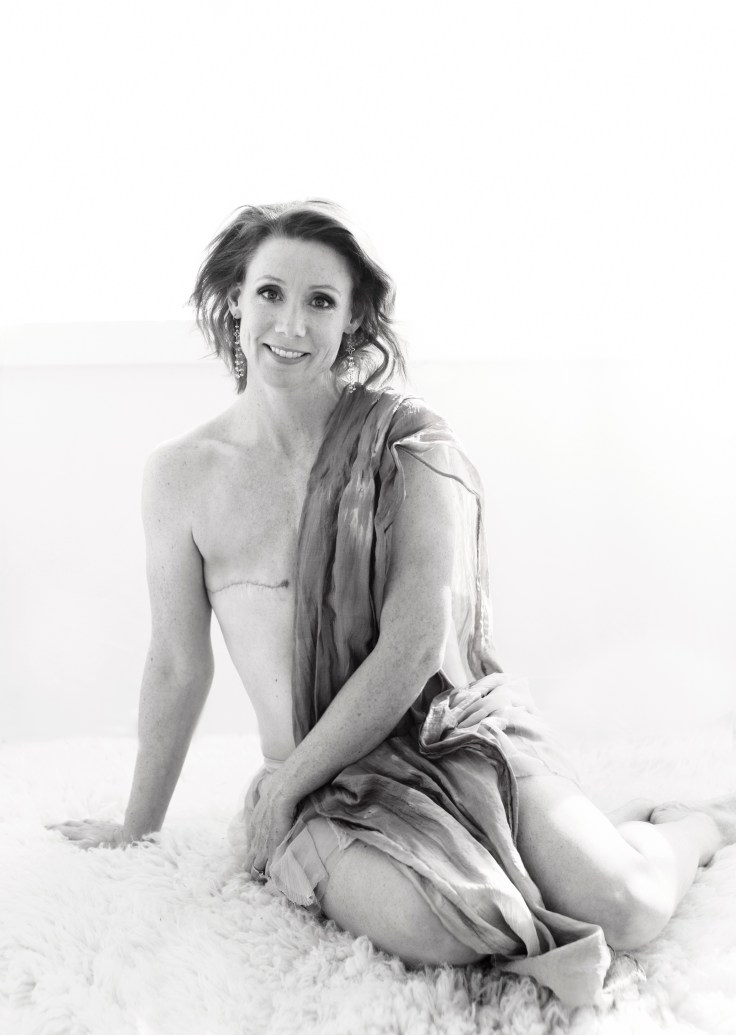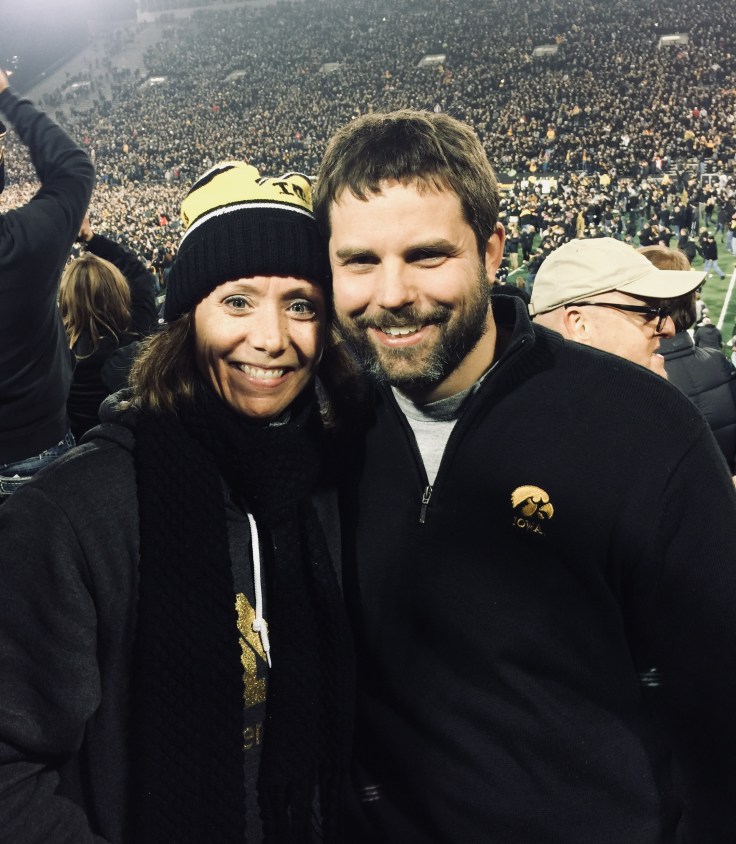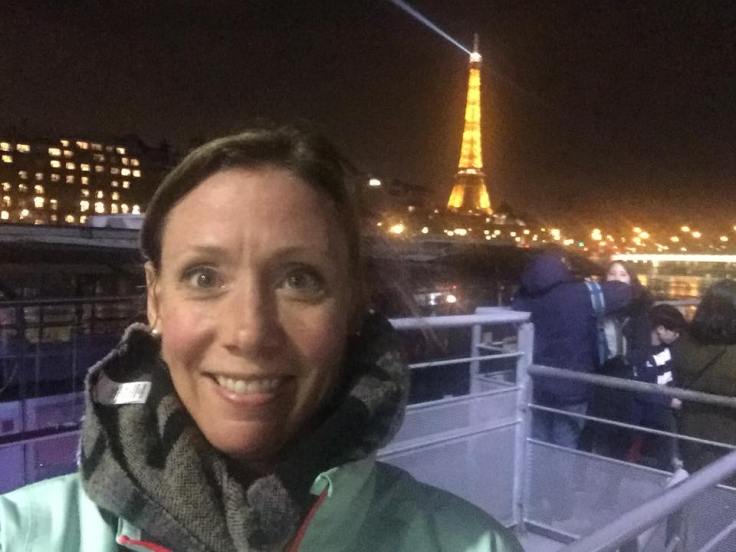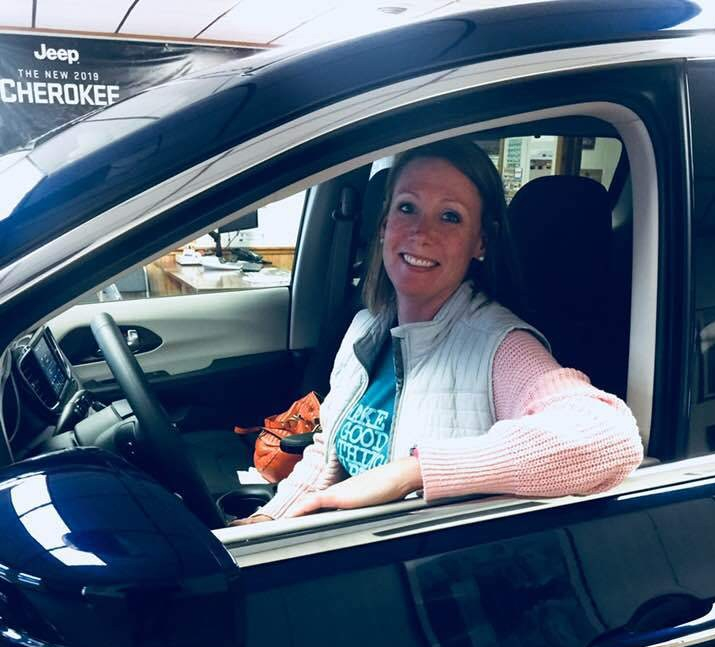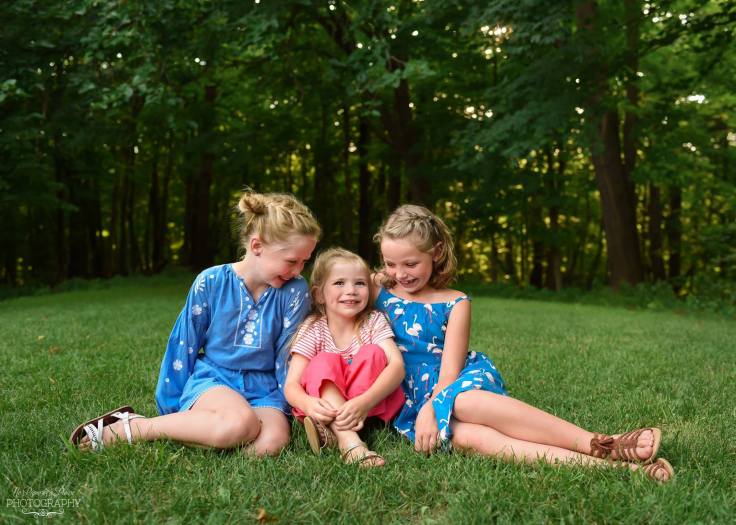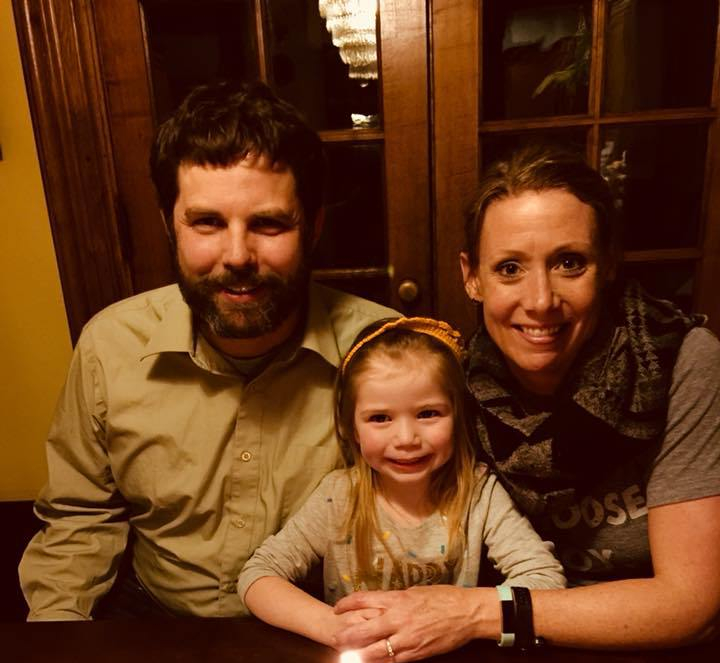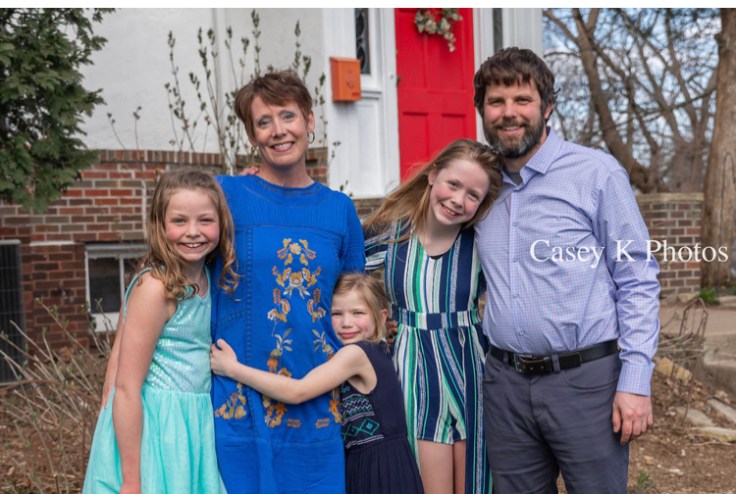
Unraveling: to become unwoven, to become frayed
This blog post is overdue.
My goal in blogging was to inform, to share, to be transparent. This is not only for others who are enduring through cancer but also for all of you who care to understand the experiences of cancer patients, at least through my lens.
I finished my last radiation treatment on the morning of May 15th, 2019, just in time to leave for State Track that afternoon. I was blistered on my collar bone, upper right chest, shoulder, and most painfully, I had an open burn wound in my right armpit. Folks, this pain is hard to describe. I had waves of nausea for weeks as I finished my radiation – and mind you, it was being pried up into position for treatment, and re-burned every day. Terrible.
The radiation wounds healed.
I was now onto the next phase of my treatment, Tamoxifen.
I began taking this in early June, with little to no perceived side effects.
Tamoxifen interferes with estrogen production, and estrogen promoted my breast cancer. It is also shown to prevent the development of new breast cancers. A no-brainer for a young estrogen-positive breast cancer survivor like me.
The next meaningful thing for you all to know about the increased absence of estrogen is that this hormone does many things in your body.
Specific to this topic, estrogen has an anxiety-reducing effect. Thus, the start of this adjuvant therapy, the unraveling began.
As I went through surgery, chemotherapy, and radiation, there were clear steps, timelines, and goals. Being goal-oriented, this structure worked for me. It did nothing to alleviate my physical suffering, and the impacts on my mental health were expected. Chemo, every 3 weeks. Radiation, daily. And then – poof, you’re done. Bald, wounded, with an impaired immune system, but you’re done.
Summer was here. I felt well, I believed that I was on the other side of my worst nightmare. My prognosis is very positive, and I have planned to continue to be as aggressive as I can be in my treatment.
But it wasn’t good.
In fact, I felt like I was living in a horror film.
Intrusive thoughts. They started with a dozen or so a day in early June.
By September, I was having intrusive thoughts thousands of times a day. THOUSANDS. Try that. What do you ever think of a thousand times a day?
Thoughts included:
After a hard workout and soreness, it wasn’t soreness, it was immediately metastatic breast cancer and I was dying.
A sore back was metastatic breast cancer and I was dying.
A muscle spasm was metastatic breast cancer and I was dying.
I’d look around the dinner table and think how awful it was that I was dying and leaving my family behind.
The anxious and fearful thoughts occupied every space of my life.
Since I was dying, the thoughts of guilt and failure were profound.
First and foremost, the stress I’d already put my family through. Here I am, off to die, and how will they survive the grief?
I would wake nearly every night, sometimes for hours, listing the things I had to teach my daughters before I died.
How to use a tampon.
How to survive heartbreak.
How to love people for who they are, and put aside any judgment.
How to put on makeup without looking like you’re in a show.
How to help your Dad find a new partner after I’m gone and to love her, in spite of still loving me.
I would lay awake at night thinking of my classroom. My students. My athletes. My colleagues. How could I let them down yet again?
The list was long. Never-ending.
To be clear, this fear was palpable. I’d equate it to a fight or flight response if you’ve experienced that. It was cold as ice, and at the same time, so shocking that I felt like I’d never truly relax again.
If I wasn’t having an intrusive thought, I was worried about my intrusive thoughts returning.
I thought that once I had less free time, and went back to work, this would eliminate my time to worry, or at least shift my worry to my professional life.
Nope.
I would be teaching, literally in the middle of a lecture, and also be worrying about dying.
How could a substitute serve my students?
What curriculum, materials and notes would I leave behind for them to be the best they could be for my students?
How could I share the unique personalities and needs of each student with the person who would have to take over my classroom?
I’d be coaching in a match and thinking of how it would be unfair to disrupt the season of this amazing group of human beings with another medical crisis.
I was simultaneously hating myself, and battling to find rational Maggie.
I was so confused. How had I survived so damn much trauma in my life, to succumb to this? I was a survivor, for heaven’s sake. The resilient one who could handle crises.
I had survived 7-years of my Mom’s COPD, while parenting, teaching, coaching, and supporting my family’s needs.
I had survived a brutal 7-months of my Mom in hospice.
I had survived three students committing suicide.
I survived cancer treatment, for God’s sake.
In all of those moments, there was profound stress, sadness, and fear to list a few, but I came out on the other end, aware of my PTSD, but managing it.
I could. Not. Manage.
Finally, one day, it dawned on me. What is the good of surviving cancer if you allow it to rob you of your sanity and quality of life?
And that was it.
Finally, I messaged my oncologist, and she referred me to the Behavioral Oncology Clinic. My Doctor there specializes in serving patients diagnosed with cancer and/or surviving after treatment, focusing on adjustment difficulties.
She is ah-mazing.
She indicated that I was incredibly normal. That adjustment difficulties, like anxiety, and dealing with psychosocial stressors became different as a cancer survivor.
She shared that Tamoxifen likely was contributing to what would have been an anxious time already, by decreasing my body’s natural anti-anxiety hormones.
She shared that I also was likely mourning the lack of contact I was having with my oncologist – so true! My doctor was like a lifeline, and as you survive, you see her less and less. I actually was more anxious, not seeing my doctor. Strange, I know.
Along with therapy, I started taking a low daily dose of escitalopram in September. After a week, my life had changed dramatically. While my anxious thoughts might try to surface, it’s like they’re underwater. Manageable.
To be clear: life-changing.
So, what I wanted you all to know, is when you greet a cancer survivor, you tend to think that they must be so happy. So relieved. So blessed to be alive after treatment.
Sure. Those things, yes.
But, being a survivor is really hard work.
In fact, for me, in many ways, harder work than the treatment itself.
I also want you all to know that if you need mental health care, or medication to help with a mental health crisis, good for you to have the courage to seek that help. I waited for months. Go today.
As I try to continually define who I might be, in my 40s, a cancer survivor, a mom, a wife, a teacher, a coach, a daughter, a niece, a daughter in law, a friend, a pet owner, a gardener, and a woman who needs medication to impact her Serotonin. I am able to weave the parts of me back together and to fully live the life I battled (and continue to fight) to have.


